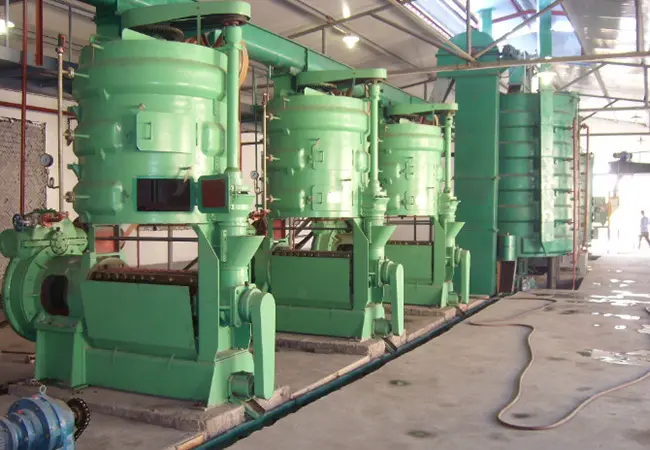Sep . 27, 2024 19:16 Back to list
centrifuge separator
Understanding Centrifuge Separators A Comprehensive Overview
Centrifuge separators have become indispensable tools across various industries, including food processing, chemical manufacturing, and wastewater treatment. These devices utilize centrifugal force to separate components of different densities within a mixture, a process that enhances efficiency and effectiveness.
What is a Centrifuge Separator?
A centrifuge separator is a mechanical device that spins mixtures at high speeds, creating a strong centrifugal force that separates components based on their density. Generally, denser materials are pushed outward and collected at the bottom or outer edge of the separator while lighter materials remain at the center or top. This principle is widely utilized in applications ranging from laboratory research to large-scale industrial processing.
Working Principle
The working principle of a centrifuge separator can be broken down into several steps
1. Feeding the Mixture The mixture to be separated is fed into the centrifuge separator, often through an inlet system designed to optimize the flow rate and distribution.
2. Spinning Once the mixture is inside, the rotor starts spinning. The speed of rotation is crucial; higher speeds generate greater centrifugal force, leading to more effective separation.
3. Separation As the rotor spins, denser particles move outward and settle at the bottom, while lighter particles remain closer to the center.
4. Discharge The separated components are discharged through outlets designed for different phases. For instance, a typical setup might include outlets for solids and liquids, allowing for easy collection and management.
centrifuge separator

Applications of Centrifuge Separators
Centrifuge separators have a wide range of applications. In the food industry, for example, they are used to separate cream from milk, extract juice, and clarify oils. In pharmaceuticals, they help in purifying chemicals and separating active ingredients from solvents. Wastewater treatment facilities utilize centrifuges to remove solids from liquids, optimizing the recycling and disposal of effluents.
In the petrochemical industry, centrifuge separators play a vital role in refining processes. Here, they are used to separate crude oil from water and solids, ensuring that the final products meet required specifications.
Advantages of Using Centrifuge Separators
One of the most significant advantages of centrifuge separators is their efficiency. They can achieve complete separation in a relatively short time compared to traditional methods like sedimentation or filtration. Additionally, these devices require minimal manual intervention once set up, which leads to lower operational costs and reduced labor.
Furthermore, centrifuge separators are highly adaptable. They can handle various types of materials and can be designed for specific separation tasks. This versatility makes them valuable across diverse industry sectors.
Challenges and Considerations
Despite their benefits, centrifuge separators are not without challenges. The initial investment can be substantial, especially for advanced models designed for high-capacity operations. Additionally, proper maintenance is essential to ensure longevity and consistent performance.
Moreover, the separation process may not be perfect for all mixtures; certain factors, such as particle size, shape, and viscosity, can influence the effectiveness of separation. Operators must consider these aspects when selecting the appropriate centrifugal separator for their specific needs.
Conclusion
As industries continue to evolve, the demand for efficient separation technologies like centrifuge separators will only grow. By understanding the mechanics, applications, and benefits of these devices, businesses can harness their potential to optimize processes, reduce waste, and enhance product quality. Whether it's in a laboratory or an industrial setting, centrifuge separators stand out as powerful tools for effective material separation.
-
Commercial High-Efficiency Oil Expeller Press
NewsAug.05,2025
-
LZY-206 Twin-Screw Cold Press: Efficient Oil Extraction
NewsAug.04,2025
-
Professional Safflower Oil Press Service | AI-Efficient
NewsAug.03,2025
-
HP290 First Press Oil Expeller Machinery: Efficient Oil Extraction
NewsAug.02,2025
-
Premium Black Seed Oil Expeller - High Efficiency Cold Press Oil Machine
NewsJul.31,2025
-
Oil Processing Equipment - High-Efficiency Flaking Machine
NewsJul.25,2025
